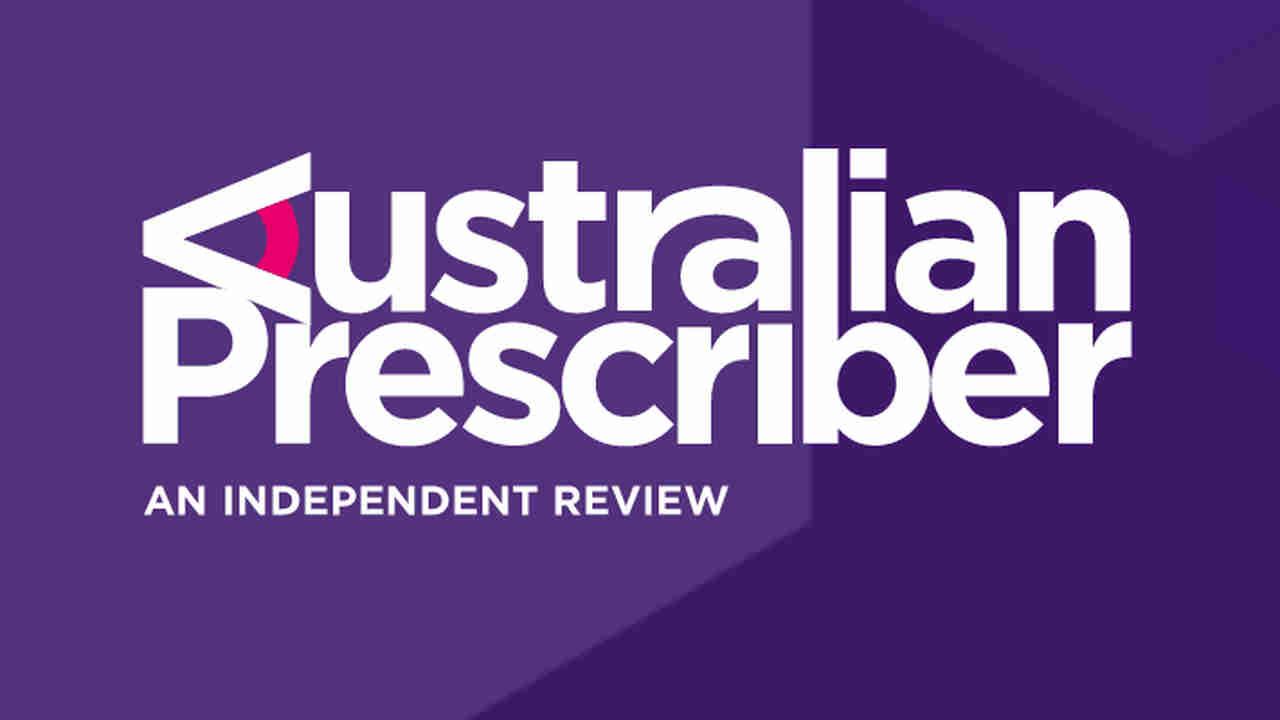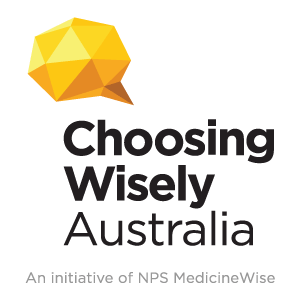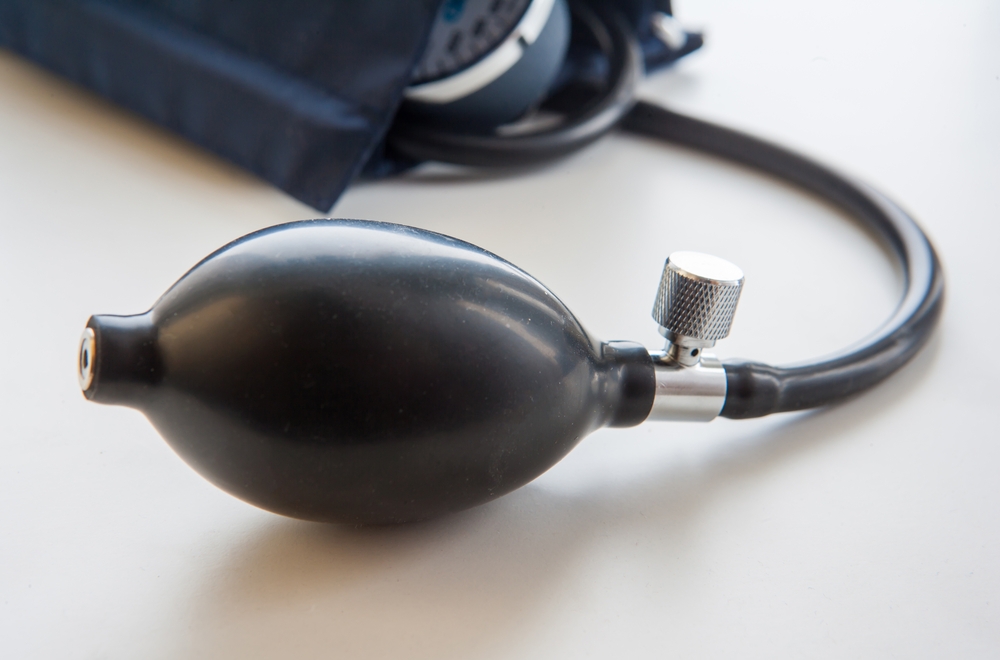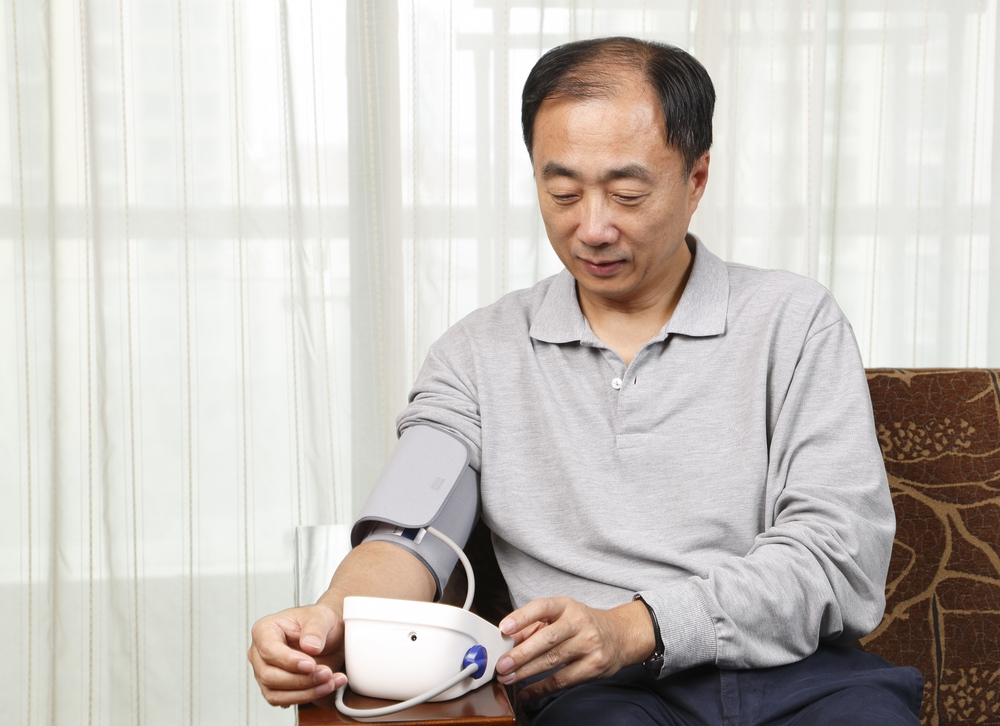Blood pressure
Best practice in BP measurement, coupled with absolute risk assessment can help to improve management of cardiovascular risk.
For consumers, check out Understanding blood pressure
Key points
- Use absolute CVD risk to inform when to start pharmacological therapy.
- Start with a single ingredient BP lowering medicine for primary prevention.
- Confirm and communicate the active ingredient(s) in the BP-lowering medicinesa prescribed for your patients.
- Tailor pharmacological therapy based on the assessment of BP and treatment goals.
- Ask about adherence to BP lowering medicines.
- Measure, manage and monitor BP using a best practice approach, recognising the value of out-of-clinic assessment.
a This includes single, generic and fixed-dose combination (FDC) BP products.
Measuring blood pressure

Blood pressure (BP) is dynamic. It can change according to time of day, after eating, or during and after physical activity. Health professionals should follow a best practice approach to minimise possible confounders and increase in-clinic accuracy. This may include using out-of-clinic measurements as well.
Read more about best practice and the limitations of in-clinic and out-of-clinic BP measurement.
High blood pressure and absolute cardiovascular risk
Persistently high blood pressure (BP) is a major modifiable risk factor for stroke and coronary heart disease (CHD). To account for the large number of possible risk factors and the potential interplay between them, local and international guidelines for primary CVD prevention base management on absolute CVD risk rather than targeting isolated risk factors.
Read more Absolute cardiovascular risk in clinical practice
Australian Prescriber

Genevieve Gabb
Aust Prescr 2020;43:108-9
Blood pressure: at what level is treatment worthwhile?
Emily R Atkins, Vlado Perkovic
Aust Prescr 2019;42:127-30
Home monitoring of blood pressure
Barry P McGrath
Aust Prescr 2015;38:16-9
Choosing Wisely Australia

Choosing Wisely Australia helps healthcare providers and consumers have important conversations about improving the quality of healthcare by reducing unnecessary and sometimes harmful tests, treatments, and procedures.
Led by Australia’s colleges, societies and associations and facilitated by NPS MedicineWise, Choosing Wisely Australia challenges the way we think about healthcare, questioning the notion 'more is always better'.
5 questions to ask your doctor or other healthcare provider is a resource that can help patients ensure they end up with the right amount of care.
Recommendation from the Royal Australian College of General Practitioners
CPD options
Consolidate your knowledge on blood pressure, brush-up on current guidelines and practices and earn CPD points through our learning activities.
MedicineWise News: Blood pressure: measure, manage, monitor

Blood pressure is a well-established and important modifiable risk factor for cardiovascular disease, but is there room to improve how it is used to assess and manage absolute cardiovascular risk?
Home blood pressure monitoring

High blood pressure is a risk factor for heart disease and stroke.
Is it worth measuring your BP at home?
Clinical resources and tools
National Vascular Disease Prevention Alliance
Online cardiovascular disease risk calculator
Quick reference guide to absolute cardiovascular disease risk assessment
National Heart Foundation of Australia
Australian cardiovascular risk charts
Other
Good Medicine Better Health patient and healthcare worker resources
Clinical guidelines for blood pressure management
National guidelines are based on a combination of best evidence and consensus among specialists.
National Heart Foundation of Australia: Guideline for the diagnosis and management of hypertension in adults 2016.
Therapuetic Guidelines: Blood pressure reduction 2018
Ambulatory blood pressure monitoring in Australia: 2011 consensus position statement
Home blood pressure monitoring: Australian Expert Consensus Statement 2015
Date reviewed: 31 August 2021
Reasonable care is taken to provide accurate information at the time of creation. This information is not intended as a substitute for medical advice and should not be exclusively relied on to manage or diagnose a medical condition. NPS MedicineWise disclaims all liability (including for negligence) for any loss, damage or injury resulting from reliance on or use of this information. Read our full disclaimer. This website uses cookies. Read our privacy policy.
